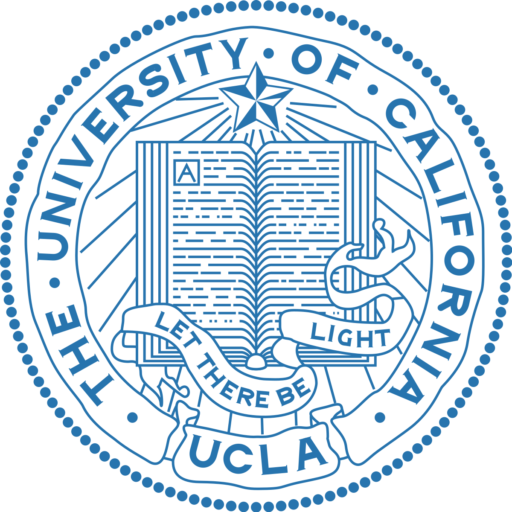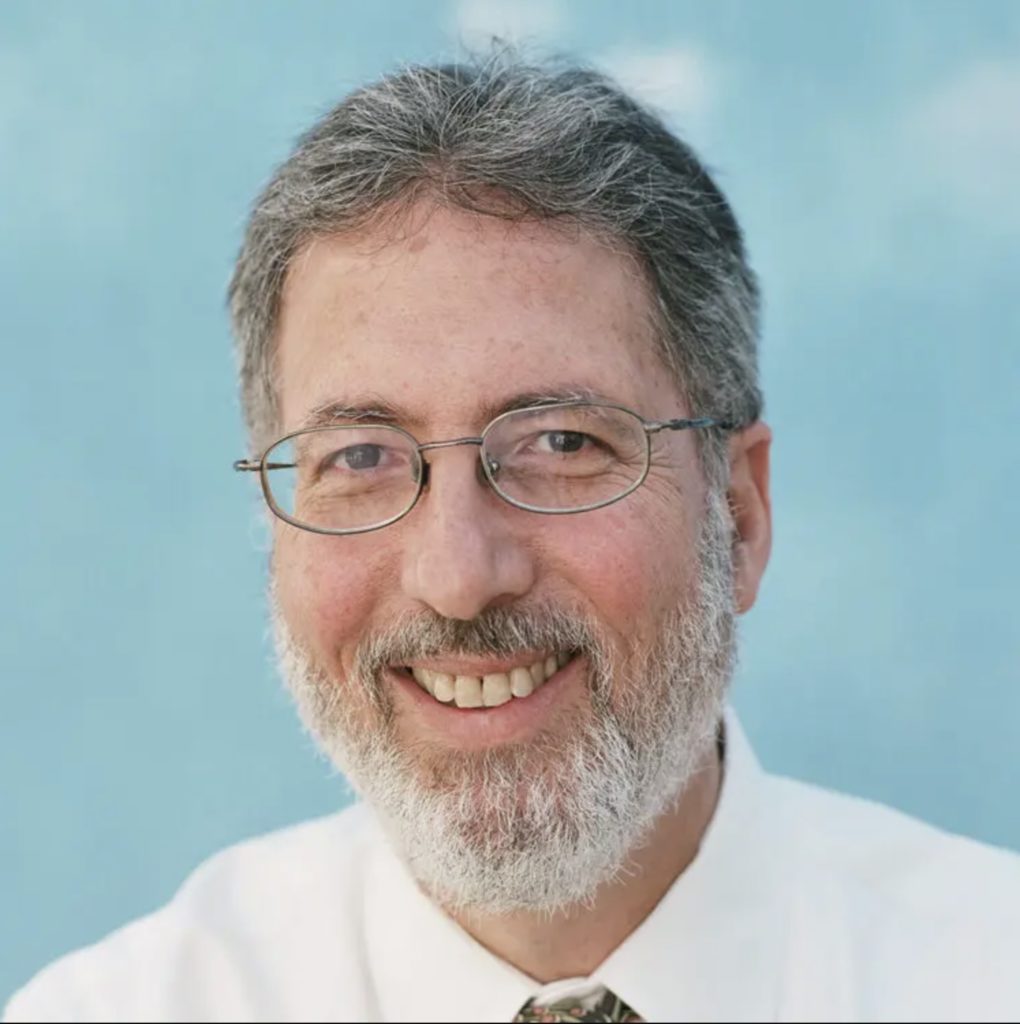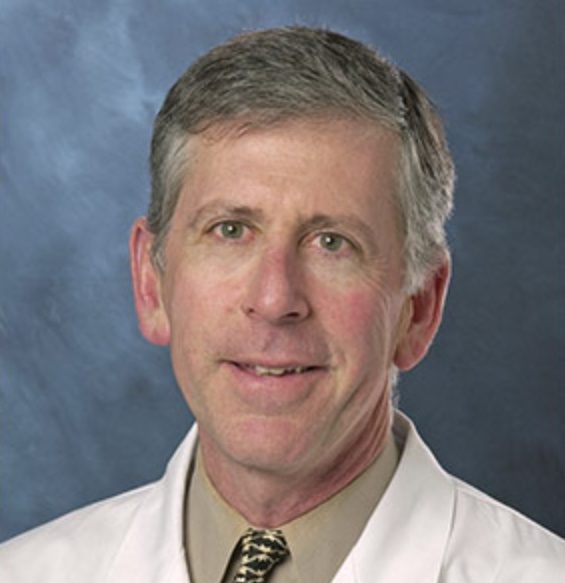Psychedelic compounds are a promising approach to treat disorders, such as those listed in the first sentence, for those who may not respond adequately to conventional treatments. Over the past two decades, there has been a marked increase in research exploring the benefits of treating PTSD and treatment-resistant depression using a variety of psychedelic compounds. Molecules of interest include MDMA (already in Phase III clinical trials for FDA approval for PTSD), psilocybin, lysergic acid diethylamide (LSD), ayahuasca, dimethyl tryptamine (DMT), peyote, mescaline, ibogaine, and ketamine.
During much of the 1950s and 1960s, psychedelics were considered by many to be on the leadingedge of psychiatric discovery and were the subject of hundreds of research publications describing outcomes in 40,000 patients, generally suggesting safety and efficacy. While those early results were encouraging, the study methods employed did not meet today’s research standards, and most of that work ceased by the early 1970s, largely because of the political and regulatory climate of that era. However, under very different political and cultural conditions in the 1990s, carefully conducted psychedelic research examining safety and efficacy resumed. Current psychedelic treatment research now includes patients suffering from chronic and often incapacitating conditions who had not responded sufficiently to conventional therapies. Results to date have been positive and have been met with cautious optimism by academics, regulators, and governmental agencies, not to mention a public eager for new treatment options.



